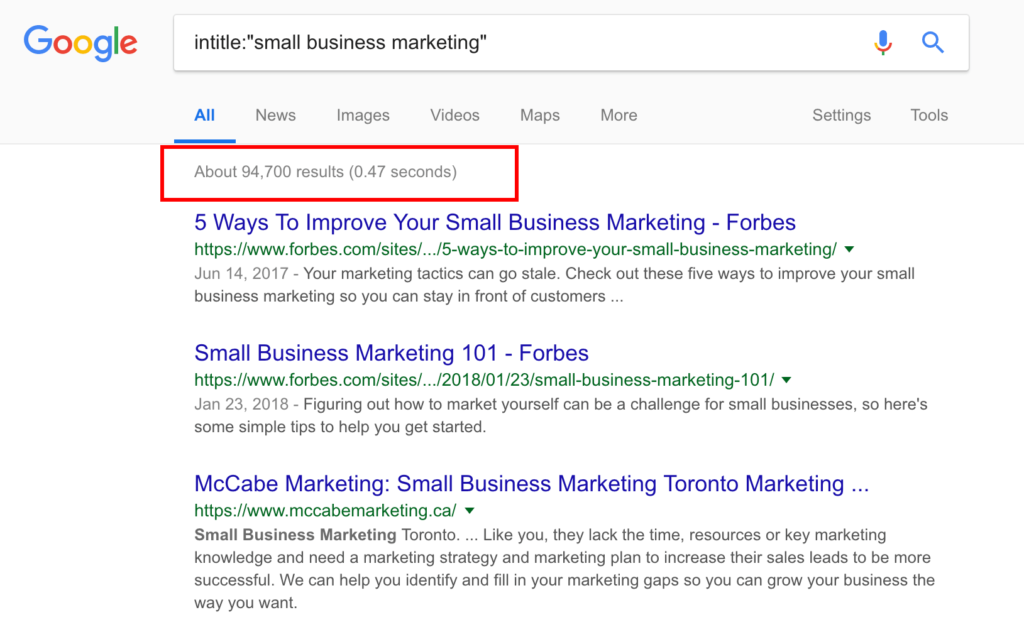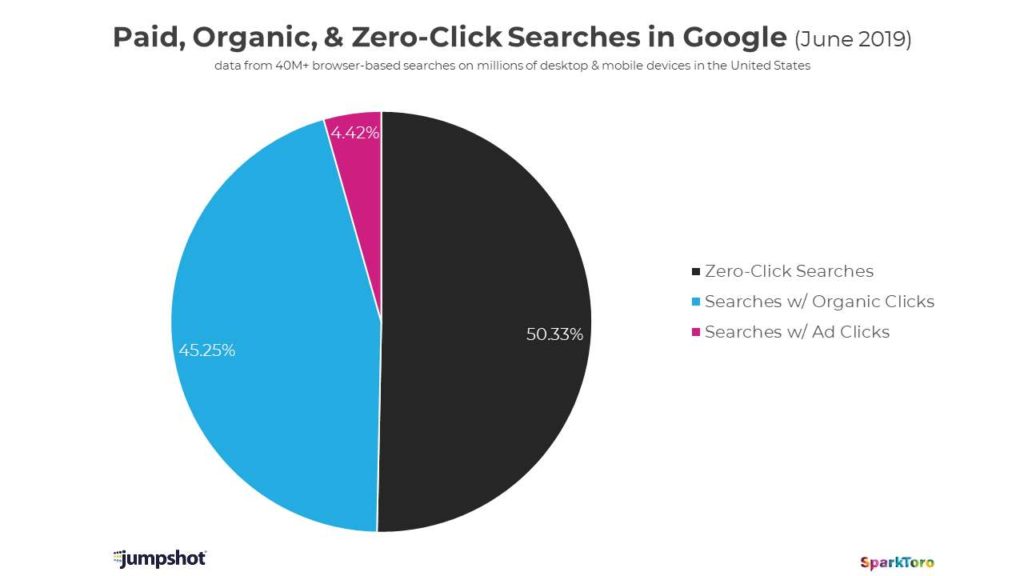Having an estimation of SERP (search engine results pages) keyword competition is important. That’s because sometimes it may not be worth the effort to create a particular piece of content. However, accurately calculating keyword competition can be a bit tricky. The thing with keywords is that web pages tend to rank for multiple terms on the SERPs. So you must isolate the term in question to get a good estimate of keyword competition.
The easiest way to calculate this is by using a keyword research tool that also offers competitive level estimates. However, you should know how to calculate keyword competition manually too. I wrote the answer on how to do it in a question on Quora a while ago and it’s still relevant. So I’ll share it here.
How to Calculate Keyword Competition
Keyword competition on the SERPs is usually calculated by using the total number of pages (results) that are targeting that keyword and the total annual search volume.
Divide search volume by the number of pages competing for that keyword and you’ll get its competition level. Here’s a quick example.
Let’s assume that “small business marketing” was our target keyword.
Most people would search for the term, using quotations to get all the pages that are targeting that exact keyword. However, that doesn’t work anymore as evident in the following screenshot. Note the number of pages that appeared. It’s 13,800,000??

Here’s the thing. It’s very unlikely the term, “small business marketing” (exact match), has that many web pages competing for it. A common problem is Google will include close match variants in the results too or pages that may have the words in them. But don’t worry. I’ve got a workaround.
Use the Intitle: search operator with the quoted search term, “small business marketing” (intitle: “small business marketing”). This will only bring back web pages that have the exact match keyword in their title.

It’s 94700 results as you can see on the above screenshot. Now that’s more like it!
Next, use Google’s Adwords keyword planner to identify the estimated monthly search volume as seen in the screenshot below.

Now multiply 4400 by 12 to get your annual search volume estimate, which is 52800. Then divide 52800 by 94700, which gives us 0.56 (rounded). Times that by 100, and it gives us 56 percent.
The lower the percentage, the easier it should be to rank for that keyword. So 56 percent is decent but still competitive and anything below 40 percent is often easier.
Pay Attention to The SERPs!
Keep in mind that the above method of calculating keyword competition (and others) only provides an estimate. Other factors come into play such as how the SERP looks like. Are there lots of ads, videos, instant answer results, etc. on the SERP for that keyword? Also, the authority of competitors will matter.
You have to pay attention to the SERPs now more than ever. Today more than 50 percent of searches on Google result in ZERO-clicks according to new data from SparkToro and Jumpshot.

The current SERP situation is because of two possible reasons. Either a) big G is putting their shareholders first or b) they unknowingly innovated their solutions to the point where users are now staying on the platform. Meanwhile they’re still using your content to serve those users.
Do you have any thoughts on the matter? Let me know in the comments.

Gabriel Nwatarali is a copywriter, SEO expert, and the founder of Tech Help Canada. He helps founders attract the right kind of search traffic through SEO strategy, content that ranks, and conversion-focused copy. In one project, a single copy tweak helped a brand increase downloads from a few hundred to 10M+. Want a second set of eyes on your site? Reach Out Here
Want a heads-up once a week whenever a new article drops?







